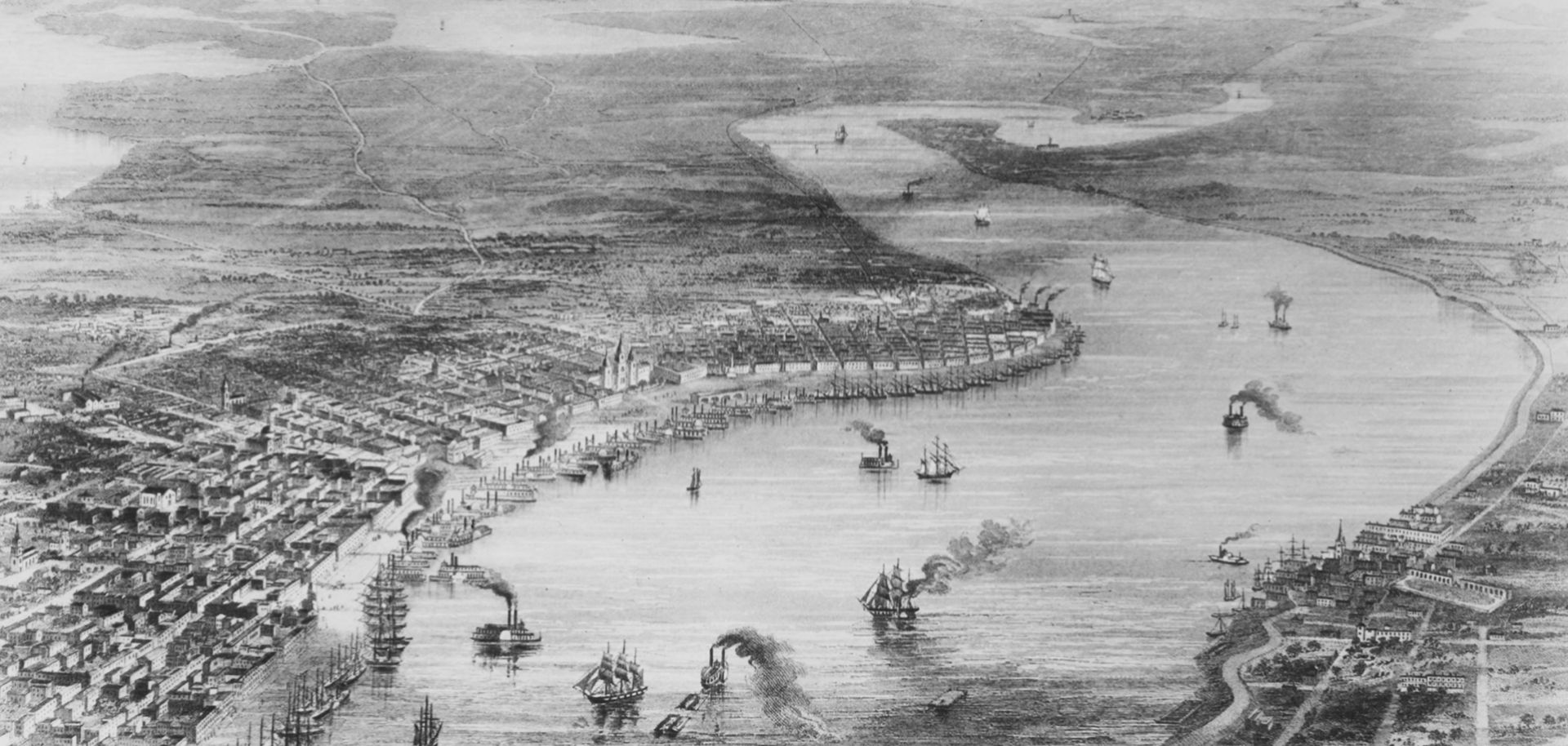At its heart, geopolitics is a study of relative advantages. Geographic features can hinder or empower a country in pursuing its imperatives such that, as Halford MacKinder put it, there is "no such thing as equality of opportunity for the nations." Nevertheless, geography is not deterministic; advances in technology can even the playing field or turn the tides for even the most geographically disadvantaged nation. Infrastructure offers a prime example of this phenomenon. Throughout history, infrastructure has been central to a nation's cohesion and economic growth, connecting countries to themselves and to one another. In fact, despite their many bitter differences, the two major-party candidates for the U.S. presidency found a semblance of common ground in the need to update the country's aging infrastructure.
But though the need for interconnection has been a constant, it has manifested in different ways over time. As the global economy changes with the advent of...


